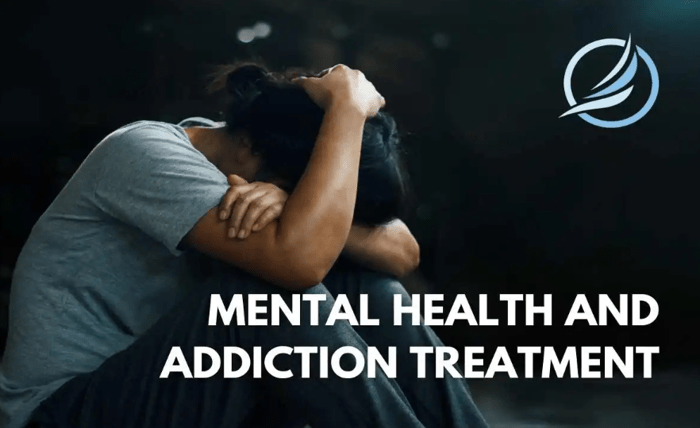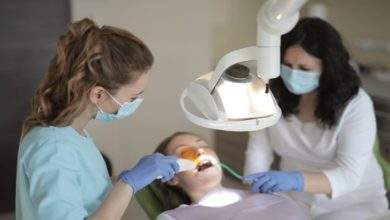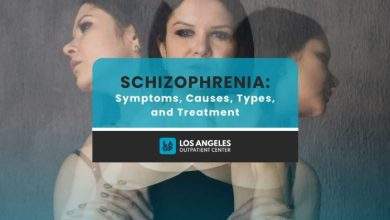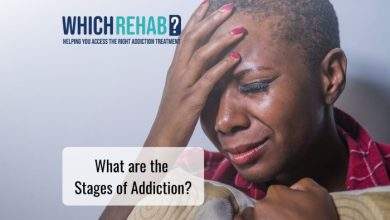
Addiction is rarely a standalone issue. Many individuals who struggle with substance use also face mental health challenges such as depression, anxiety, trauma, or bipolar disorder. When these conditions coexist—a situation known as dual diagnosis—effective recovery requires a comprehensive approach. Treating only the addiction without addressing underlying mental health issues leaves a critical gap that often leads to relapse. This is why integrated treatment is not just beneficial but essential.
The Link Between Mental Health and Addiction
Self-Medication and Substance Use
Many people turn to drugs or alcohol as a way to cope with emotional pain, stress, or untreated mental illness. Substances may provide temporary relief, but they often intensify symptoms over time, creating a vicious cycle of dependency.
The Bi-Directional Impact
Mental health issues can increase vulnerability to addiction, while addiction itself can trigger or worsen mental health conditions. For example, stimulant misuse may provoke anxiety or paranoia, while alcohol dependence can deepen depression.
Shared Risk Factors
Both mental illness and addiction often stem from overlapping risk factors such as genetics, early trauma, and environmental stressors. Addressing these roots requires a holistic approach.
The Limitations of Separate Treatment
Traditional models that treat mental health and addiction separately can leave patients caught in the middle. One provider may focus only on substance use, while another addresses depression or anxiety. Without coordination, care becomes fragmented and less effective.
This lack of integration can result in:
- Misdiagnosis or overlooked conditions
- Conflicting treatment plans
- Higher relapse rates
- Increased frustration for patients and families
What Integrated Treatment Looks Like
Integrated care combines addiction treatment with mental health services under one coordinated plan. This approach often includes:
- Comprehensive assessmentto identify both substance use and mental health concerns
- Medication managementfor conditions such as depression, anxiety, or bipolar disorder
- Individual therapyto address underlying emotional issues and triggers
- Group therapythat supports both recovery and mental wellness
- Family involvementto improve communication and strengthen support systems
By treating both conditions together, integrated programs provide a pathway to lasting stability.
Benefits of Integrated Treatment
- Improved Recovery Outcomes
Addressing both addiction and mental health reduces relapse risk and improves long-term sobriety. - Better Emotional Stability
Managing conditions like depression or PTSD helps individuals cope more effectively without turning to substances. - Stronger Support Systems
Families and loved ones gain a clearer understanding of how to provide balanced, healthy support. - Greater Quality of Life
Integrated care promotes overall wellness, not just abstinence, helping people reclaim relationships, work, and personal fulfillment.
Finding the Right Program
Not every treatment center offers true integrated care, so it’s important to seek programs with expertise in both fields. For those in New York, choosing among trusted Brooklyn drug rehab centers that emphasize integrated treatment can make the difference between temporary sobriety and lasting recovery.
Building a Future with Whole-Person Healing
Recovery is about more than stopping substance use—it’s about building a healthier, more stable life. When mental health and addiction treatment are integrated, individuals gain the tools to address both the visible symptoms and the underlying causes of their struggles. This comprehensive approach honors the complexity of recovery and creates a stronger foundation for long-term success.
By embracing integrated care, treatment centers and families alike can help individuals move beyond cycles of relapse and toward a future defined by resilience, balance, and hope.




